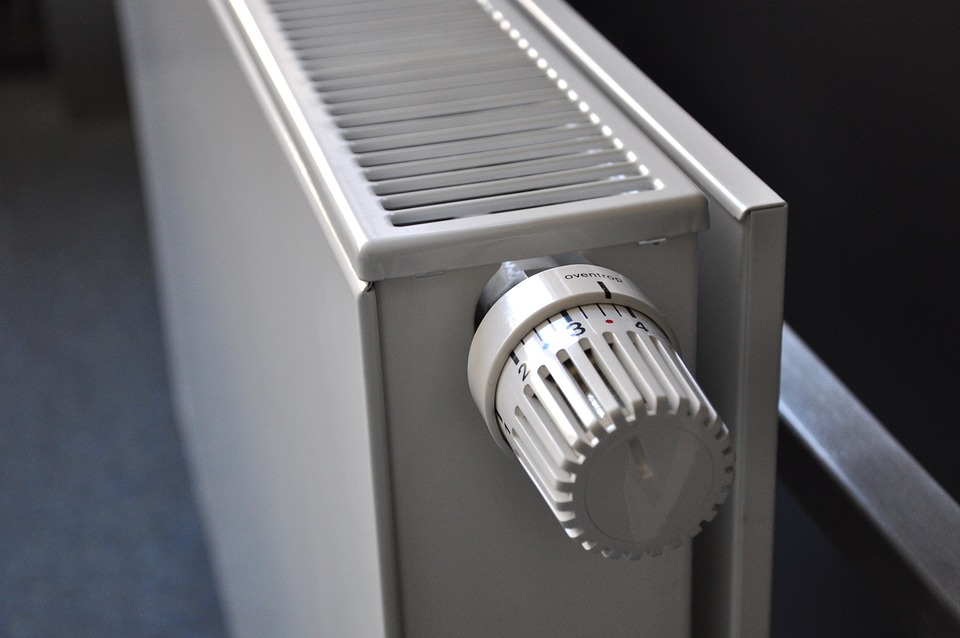Embarking on a career as a heating engineer is an exciting prospect, but securing that dream job can be a daunting task. The interview is arguably the most critical step in this journey. It’s not merely about demonstrating your technical knowledge; it’s also about showcasing your personality and your fit within the company. Here’s a guide that delves into the essential tips to help you shine in your heating engineer interview.
1. Know Your Basics Inside Out
While it may seem obvious, having a thorough understanding of heating systems is non-negotiable. Whether it’s gas boilers, underfloor heating, or renewable energy technologies, you should be prepared to discuss various systems and their applications. Brush up on relevant regulations, such as the Gas Safety (Installation and Use) Regulations, as well as any recent advancements in the field.
2. Showcase Your Experience
Employers are often keen to hear about your hands-on experience. Reflect on past roles, apprenticeships, or training sessions and be ready to illustrate what you learned from these experiences. Use the STAR method (Situation, Task, Action, Result) to frame your answers. This technique allows you to present your experiences in a structured manner, making it easier for interviewers to grasp your competencies.
3. Communication is Key
Effective communication is essential in any engineering role, and heating engineering is no exception. You’ll need to explain complex concepts to clients who may not possess a technical background. During the interview, demonstrate your ability to communicate clearly and concisely. Practice articulating your thoughts on technical subjects in a way that is accessible, showing that you can bridge the gap between engineering jargon and everyday language.
4. Problem-Solving Skills
Heating engineers often face unexpected challenges on the job, so showcasing your problem-solving skills is vital. Be prepared to discuss specific instances where you identified a problem, proposed a solution, and successfully implemented it. Employers will be looking for candidates who can think on their feet and tackle issues with confidence and creativity.
5. Dress the Part
First impressions are lasting, and in the engineering field, professionalism matters. Dressing appropriately for the interview not only demonstrates respect for the interviewer but also signifies that you take the role seriously. While you needn’t don a three-piece suit, clean and tidy work attire would suffice. Consider smart-casual options that reflect both your personality and the company culture.
6. Prepare Questions
An interview is a two-way street. While it’s essential to answer questions effectively, asking thoughtful questions can set you apart from other candidates. Inquire about the company’s projects, team dynamics, or opportunities for further training and development. This not only shows your interest in the role but also gives you a better understanding of the working environment.
7. Follow Up
After the interview, sending a follow-up email is a courteous gesture that can also reinforce your enthusiasm for the position. A simple thank-you note expressing appreciation for the opportunity can leave a positive impression. It’s a chance to reiterate your key strengths and how they align with the company’s needs.
As you prepare for your heating engineer interview, remember that confidence comes from thorough preparation. Equip yourself with knowledge, practice your responses, and don’t shy away from showcasing your unique personality. Each interview is a learning opportunity, and with these tips in your toolkit, you’ll be well on your way to securing that coveted role.
At CVPortal, we continue to provide you with a variety of high-quality CV references to help you succeed in your career journey.


